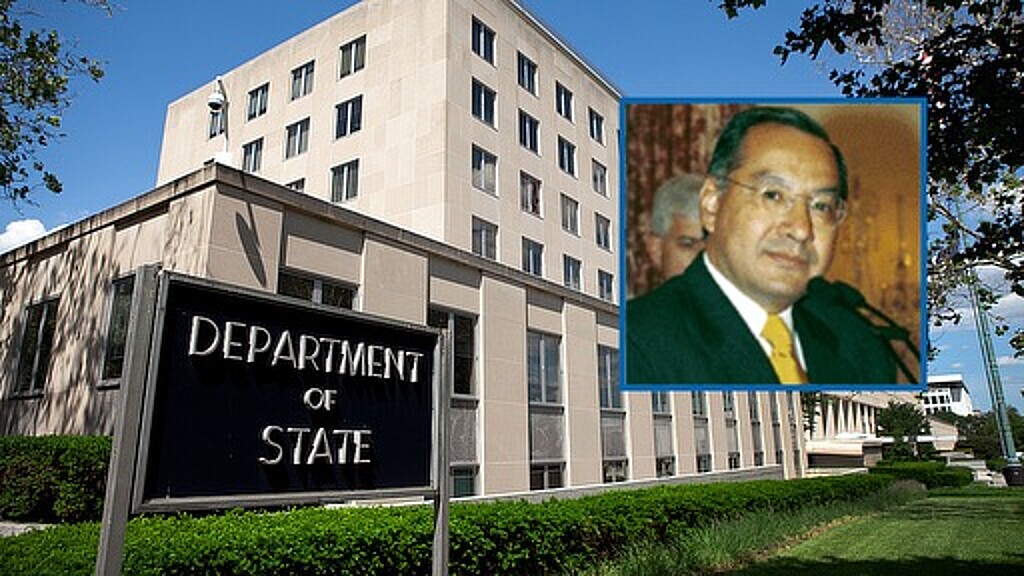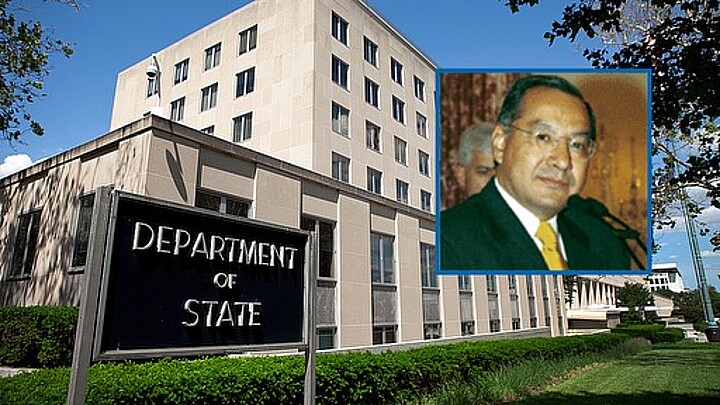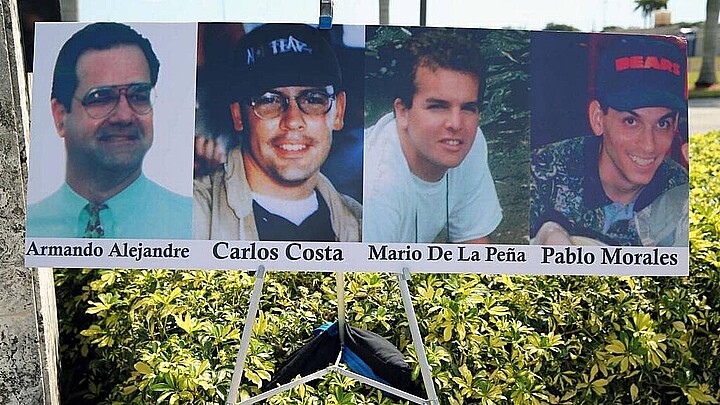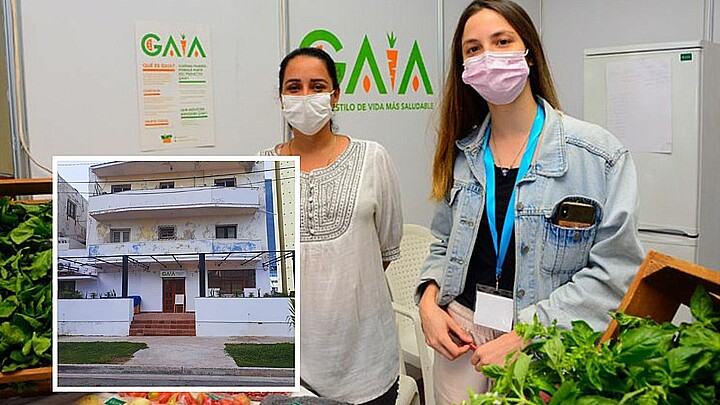Crime
Former U.S. ambassador accused of secretly acting as Cuban agent arrested in Miami
Manuel Rocha, who began serving as ambassador to Bolivia in 2000 and has a long, storied career throughout the State Department for about 25 years

December 3, 2023 9:14pm
Updated: December 6, 2023 9:16am
A former U.S. diplomat who served as a U.S. ambassador to Bolivia has been arrested and accused of secretly working as a Cuban agent for the island's communist regime, according to a report published by The Associated Press.
Federal law enforcement officials say Manuel Rocha, 73, was charged in Miami on Friday on a criminal felony complaint filed by the U.S. Attorney’s Office. More information is expected to be revealed during his arraignment at the U.S. District Court for the Southern District of Florida on Monday.
Rocha, who began serving as ambassador to Bolivia in 2000 and has a long, storied career throughout the State Department, according to his biographical profile at the federal agency.
His 25-year diplomatic career spanned across both Republican and Democratic administrations, working throughout Latin America during the Cold War when tensions were high between the United States and Soviet Union.
Rocha began his career as a Honduras desk officer in November 1981. In January 1983, he was promoted as a Political Officer for the U.S. Embassy in Santo Domingo.
He then rose in the ranks of the State Department as a Watch Officer in its Operations Center and as a Consul for Political and Economic Affairs for the U.S. Consulate General Florence, Italy.
In March 1987, Rocha was appointed as a Politico-Military officer for the U.S. Embassy Tegucigalpa, Honduras. Finally, on July 14, 2000, before President Bill Clinton left office, he was sworn in as U.S. Ambassador to Bolivia.
He also worked as an expert on Latin America for the White House National Security Council.
U.S. officials said that two people came forward with information leading to Rocha’s arrest. The Justice Department’s complaint accuses Rocha of working to promote the Cuban regime’s interests without registering as a foreign agent under the Foreign Agents Registration Act (FARA).
Federal prosecutors have increased concerns about FARA violations during the last few years. The charge was utilized during the Mueller investigation as federal prosecutors closely examined the relationship some foreigners and U.S. citizens had with the Russian government.
U.S. officials and members from the Miami Cuban exile community lashed out at Rocha, and at the Biden administration for not cracking down on Cuban influence operations.
“A U.S. diplomat was reportedly arrested in Miami as an alleged spy for the Castro regime. Havana does not sleep in its desire to infiltrate us and cause us harm,” U.S. Rep. Maria Elvira Salazar from Miami wrote on X, the social media platform formerly known as Twitter. “Biden Administration, wake up!”
In a second tweet, she wrote, “This is the same regime the Biden Admin has spent the last 3 years making concessions to. We in Miami know the evils of the regime. The US must investigate and prosecute all spies to the fullest extent of the law.”
Rep. Carlos A. Gimenez, also from Miami, lashed out over the long infiltration and demanded law enforcement officials investigate and the administration implement immediate sanctions against Havana.
“The tentacles of #Cuba's murderous dictatorship in the United States have been revealed!” the congressman tweeted. “We have just arrested a TRAITOR ambassador who has served as a spy for the regime! I am demanding an immediate investigation and the implementation of sanctions on the regime now!”
Marcell Felipe, the Chairman of the American Museum of the Cuban Diaspora and President of Inspire America said that while Rocha did not strike him as particularly intelligent, the communist regime in Havana has never been over selective about who it utilizes.
“Mr. Rocha was never one of the brightest, but the regime does not discriminate,” he told ADN America in a telephone interview. “They prey on anyone whom they believe is susceptible to being bought, blackmailed or converted. This may be another example of the lasting damage caused by convicted Castro spy Ana Montes, who, while in charge of assessing whether Cuba was a risk, trained U.S. diplomats, military and intelligence officials on Cuba, thereby distorting our institutional assessment on Cuba for an entire generation.”
Javier Larrondo, the President of Prisoners Defenders, a human rights organization that tracks human rights crimes and false imprisonments on the communist island told ADN America that Havana’s regime “extends its tentacles without limitations by law, ethics or any entity that controls it.”
He added that “it will be even more relevant to see the threads that come out of this tangle, as Rocha’s relationship with various companies would open up a universe of possible business tentacles in which he influenced, or was involved with his work, which would be highly concerning due to the magnitude and power of the companies he has worked for.”
Rocha’s wife, Karla Wittkop Rocha, refused to comment when the Associated Press asked for an interview.
“I don’t need to talk to you,” she said before terminating the phone call with the wire news service. The Justice Department has thus far declined to comment to any media outlets.










